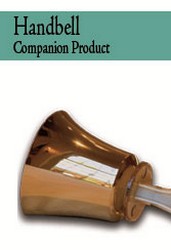A Collection of Hymns Adapted to the use of the Methodist Episcopal Church Including the Whole Collection of the Rev. J. Wesley #d14
Display Title: Happy man whom God doth aid First Line: Happy man whom God doth aid Author: Charles Wesley, 1707-1788 Date: 1836
A Collection of Hymns Adapted to the use of the Methodist Episcopal Church Including the Whole Collection of the Rev. J. Wesley #d14


 My Starred Hymns
My Starred Hymns







